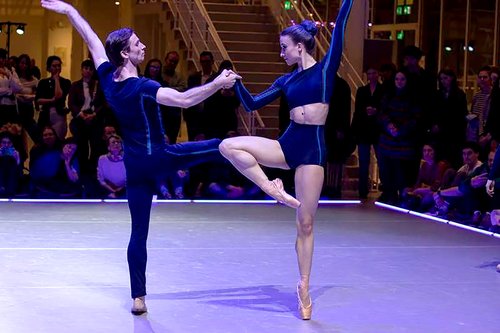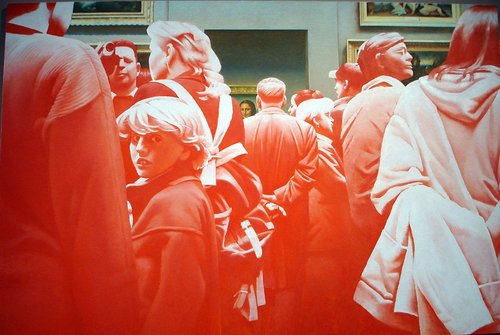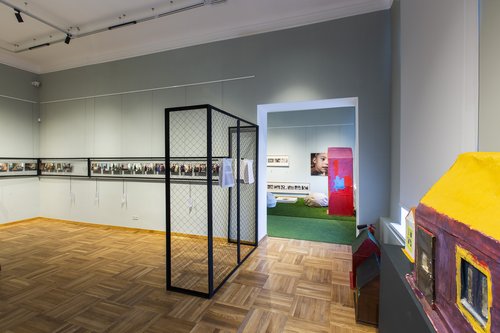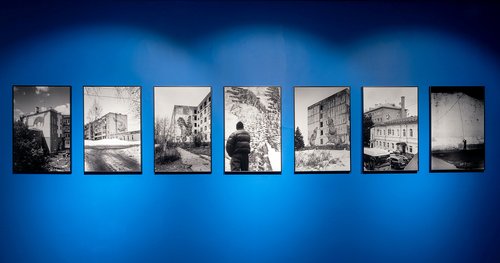Queen of Spades Ballet Trumps Convention in Nizhny Novgorod
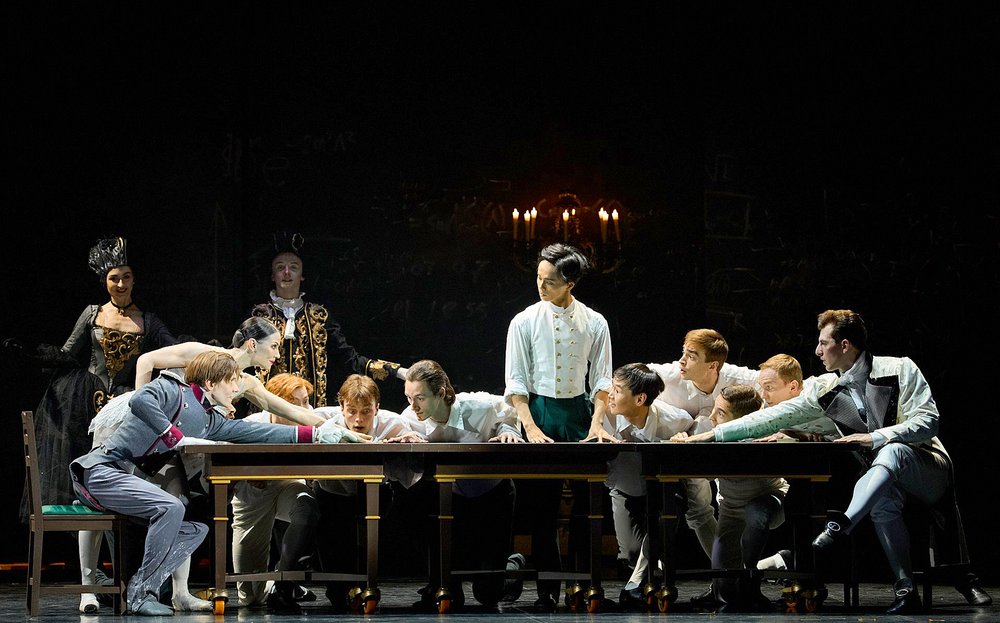
Queen of Spades. Ballet. Nizhny Novgorod, 2024. Photo by Sergey Dostalev. Courtesy of Nizhny Novgorod State Academic Opera and Ballet Theater named after A. S. Pushkin
The ballet ‘Queen of Spades’ which has premiered in Nizhny Novgorod, finds new relevancy in Pushkin’s enduring short novel about gambling and greed, the score written by celebrated Kharkiv born composer Yuri Krasavin.
Although ballet has entertained audiences in Nizhny Novgorod for almost two centuries, in this historic city some four hundred kilometres to the southeast of Moscow, Nizhny Novgorod ballet itself, about to celebrate its 90th anniversary, has never formed its own distinctive identity and over the past decades lamentably there were precious few notable premieres. However, this recently changed, firstly with the appointment as company director of charismatic Japanese-born Morihiro Iwata (b. 1990), an ex-soloist of the Bolshoi Theatre. Then the new management approached Valery Konkov (b. 1995) for advice, a former dancer with St Petersburg’s Mariinsky Theatre, with a broad experience of directing and teaching in both Samara and Ekaterinburg. The company subsequently launched the ‘Terezin Quartet’ project one of the first initiatives which signaled in a new era of creative choreography, and a children´s ballet called ‘Golden Key’.
‘Queen of Spades. Ballet’ which has premiered at the A.S. Pushkin State Theatre for Opera and Ballet in Nizhny Novgorod, is a complex project both in terms of the concept that lies behind it and its execution on stage. Pushkin’s iconic story about a deluded card player has long inspired and intrigued, starting with Pyotr Tchaikovsky (1840–1943) who wrote an opera based on the novel in 1890 and throughout the 20th century its score was adapted for ballet numerous times. The Nizhny Novgorod production is based on a new score, written by renowned Kharkiv-born, St Petersburg-based composer Yuri Krasavin (b. 1953) who incidentally also has a Tchaikovsky adaption in his portfolio which premiered recently at the Bolshoi in Moscow. The team at the Nizhny Novgorod theatre first heard about the score for the new Queen of Spades ballet back in 2022 and were immediately interested. Young choreographer Maxim Petrov (b. 1992), one of the directors of the ´Terezin Quartet´ (then an artist of the Mariinsky Theatre), and his assistant Bogdan Korolyok, who co-wrote the libretto of the ballet, visited Nizhny together with Karsavin. Then a group of theatre professionals from St Petersburg joined them, including director Anton Morozov, costume designer Tatiana Noginova, lighting designer Konstantin Binkin and Moscow stage designer Alyona Pikalova, and conductor Fyodor Lednev (b. 1971). Most are among the top specialists in Russian ballet theatre today and have extensive experience of working together.
Today it is hard to come up with a spectacular performance capable of both inspiring the dancers and creative team, as well as keeping the attention of unsophisticated audiences. Krasavin’s simple-minded, evocative associations both with the film music of the 1970s and with compositions by the great ballet composers Cesare Pugni (1802–1870) and Ludwig Minkus (1826–1917), who could make a chair dance with energy, are powerful currents through the show. Krasavin plunges us into waltzes, polkas and gallops yet submerged in a contemporary zeitgeist. Throughout, Lednev the conductor expertly holds together into a comprehensive whole complex scores from a multitude of very different genres.
Krasavin’s ballet runs in the opposite direction from Tchaikovsky’s famous masterpiece and his starting point shaking away the ghosts of the past is an authentic return to Pushkin’s original source. As with Tchaikovsky, here there are 18th and 19th century costumes, and wigs coexisting in a way that perhaps does not quite work, however, this new production is a total visual feast, from time to time the black space of the stage is flanked by the snow-white corners of Hermann’s and Lisa’s rooms, the wood-carved study of the Countess and the ballroom with its giant chandelier, which will eventually come down quietly on the collapsed hero in the finale.
The ballet’s central theme is Hermann and his passion for the card game and the space of the stage is given over to this, where the cards – dancers in silver and sparkly jumpsuits – and the card players rule the roost. The trio of Tomsky, played by Shugo Kawakami, Surin played by Nurlan Nurkubat and Dmitry Pelmegov as Narumov catapault the action forward with spectacular passages of choreography. The triple role of Chekalinsky, the Master of Ceremonies, the Count of St Germain played by Andrei Orlov, who accompanies the Countess, is equally impressive. Maria Alexandrova, formerly a prima ballerina at the Bolshoi, was invited to dance the part of the Countess. With her powerful presence she sits in a wheelchair in her crinoline and with a wig, bent over, tucking up her skewed feet, creating the perfect image of old-age infirmity. Her transformation into the luxurious Venus of Moscow and then the Queen of Spades, the formidable Valkyrie of Hermann, is perhaps the production’s trump card. Dancer and actress in one, old school Alexandrova true to tradition in every single movement she makes, visualises the elastic rhythms of the music and spurs the choreographer's imagination, serving as a model for the young Nizhny Novgorod soloists Maxim Prosyannikov as Hermann and Mayuki Sato as Lisa. Their raw authenticity is perfectly suited to this production, which strives for both unselfconscious naturalness and staged Hollywood beauty. It is a winning combination which is impressing local audiences not used to such cutting edge, contemporary production practices.
And importantly, it has set expectations. The day after the premiere, the theatre secured a grant to commission a new score to be written by Moscow composer Alexei Syumak (b. 1976), for a two-act ballet ‘Ivan Tsarevich’.
The Queen of Spades. Ballet
Nizhny Novgorod State Academic Opera and Ballet Theater named after A. S. Pushkin
Nizhny Novgorod, Russia











